I read about death. I read about how physical death due to breast cancer is likely to happen. I read about the process of dying.
The reasons are two-fold ... 1) I know I do better if I am prepared for an upcoming event. The more information I have about this, the more I can talk to my children about it and that will help them be better prepared for my death as well. While I hope this time is off in the distant future, I can't count on that. The future is now for me.
2) I am preparing for the time that hospice will be the course of action taken for the end period of my life. I have read several books on hospice, most of which have been very helpful. If you want to know more about hospice, I highly recommend the books by Maggie Callanan (Final Journeys and Final Gifts). I also recommend the website HospiceNet HospiceNet covers a multitude of topics under the headings of Services, Patients, Caregivers, Children and Bereavement.
Atul Gawande has written an amazing book entitled, Being Mortal. He has done in-depth research on how the dying process has changed in North America over the past few decades, and how much there is to learn. A medical doctor, Gawande started trailing those in the medical world who deal with death on a regular basis and was shocked at how little he himself knew of the process.
In 2010, he wrote an article for the New Yorker in which he discusses hospice. He was shadowing a hospice nurse (Creed) as she made her rounds to various patients (Cox) and notes the following:
Outside, I confessed that I was confused by what Creed was doing. A lot of it seemed to be about extending Cox’s life. Wasn’t the goal of hospice to let nature take its course?
“That’s not the goal,” Creed said. The difference between standard medical care and hospice is not the difference between treating and doing nothing, she explained. The difference was in your priorities. In ordinary medicine, the goal is to extend life. We’ll sacrifice the quality of your existence now—by performing surgery, providing chemotherapy, putting you in intensive care—for the chance of gaining time later. Hospice deploys nurses, doctors, and social workers to help people with a fatal illness have the fullest possible lives right now. That means focusing on objectives like freedom from pain and discomfort, or maintaining mental awareness for as long as possible, or getting out with family once in a while. Hospice and palliative-care specialists aren’t much concerned about whether that makes people’s lives longer or shorter.
Letting Go -- What should medicine do when it can’t save your life?
I like how Nurse Creed explained the difference in approaches ... that it's about priorities. That really struck home for me.
I encourage you to read the entire article. It's incredibly long, but incredibly written.
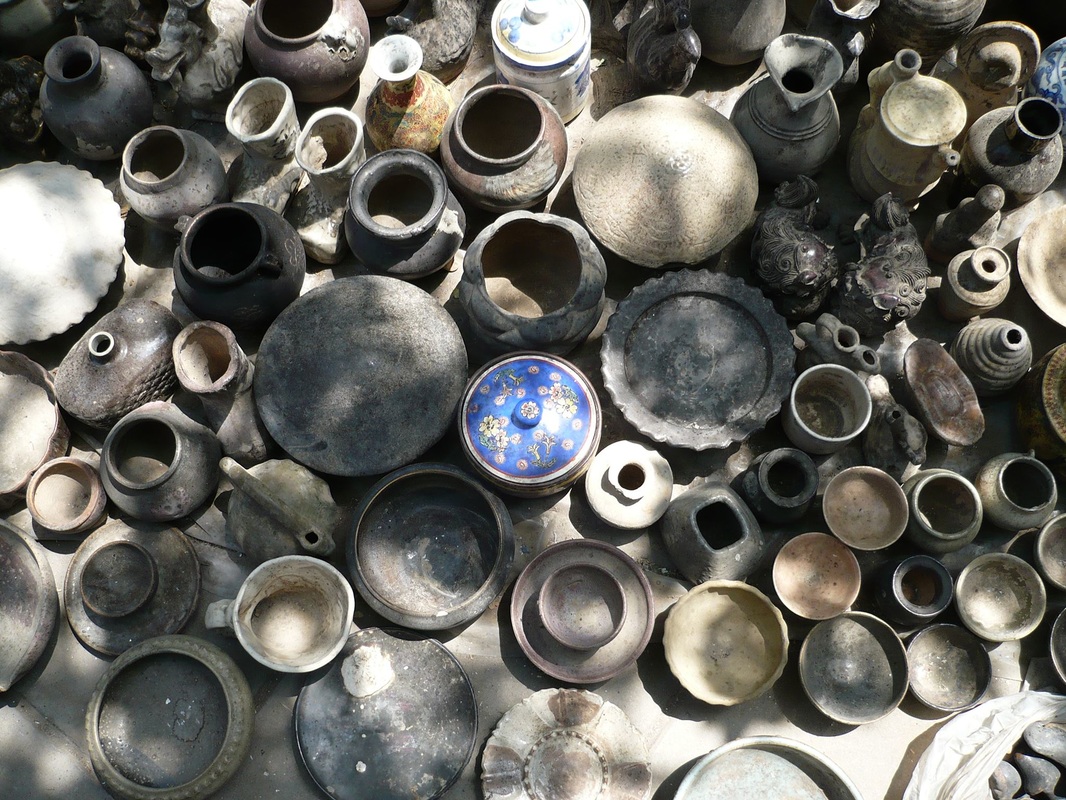
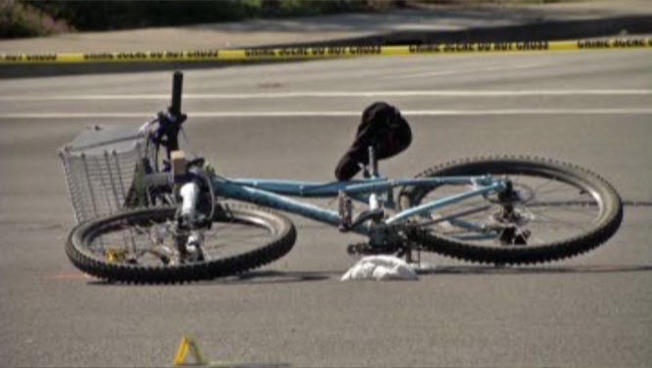
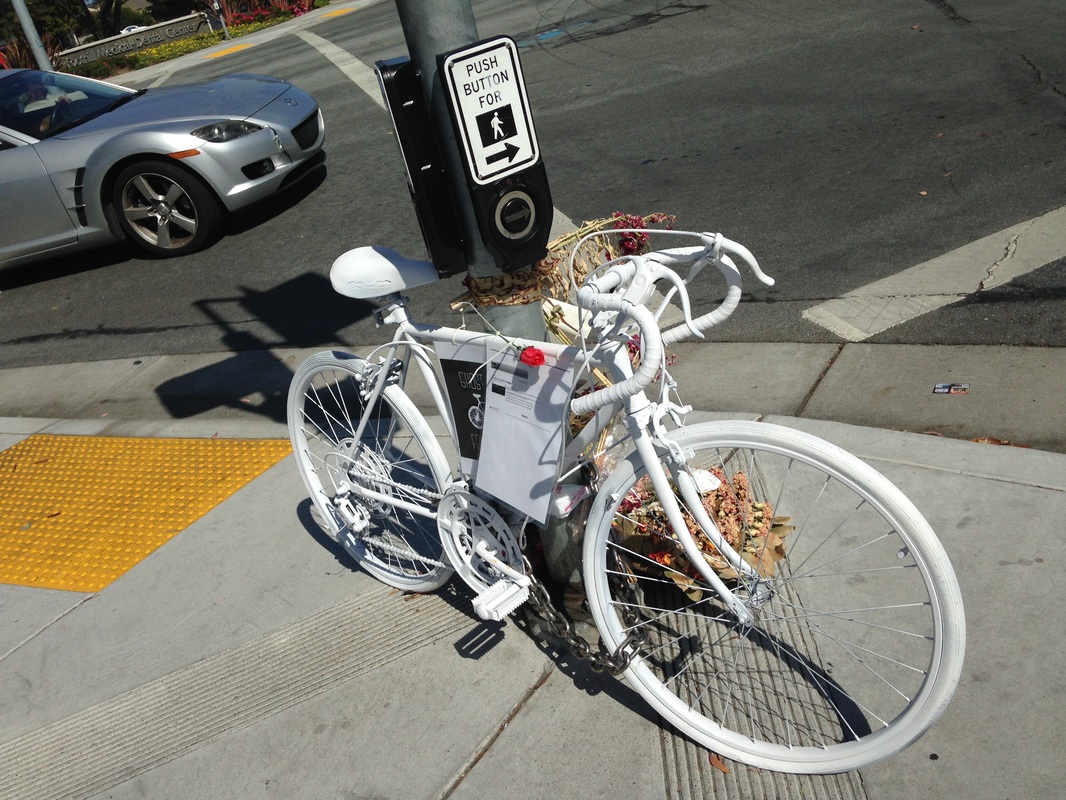

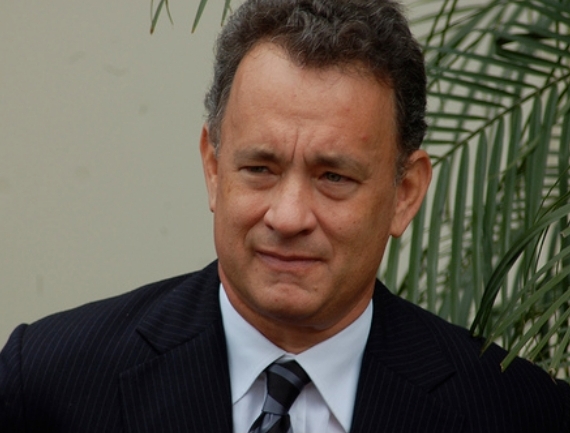

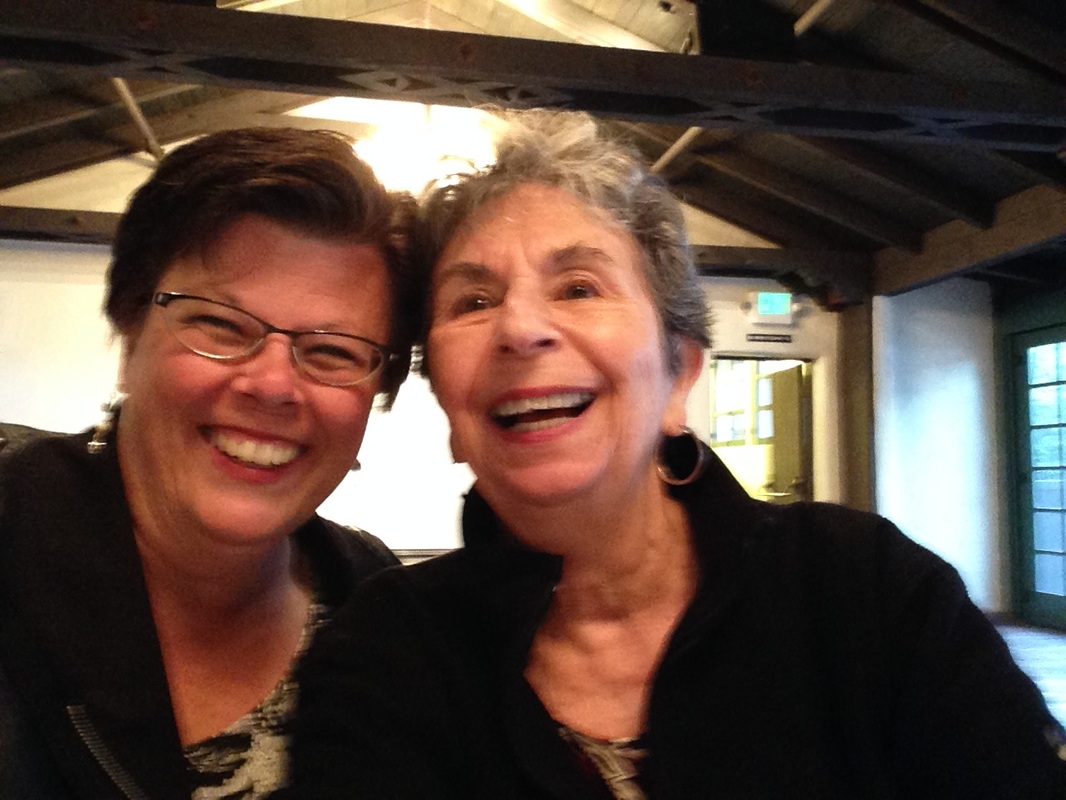
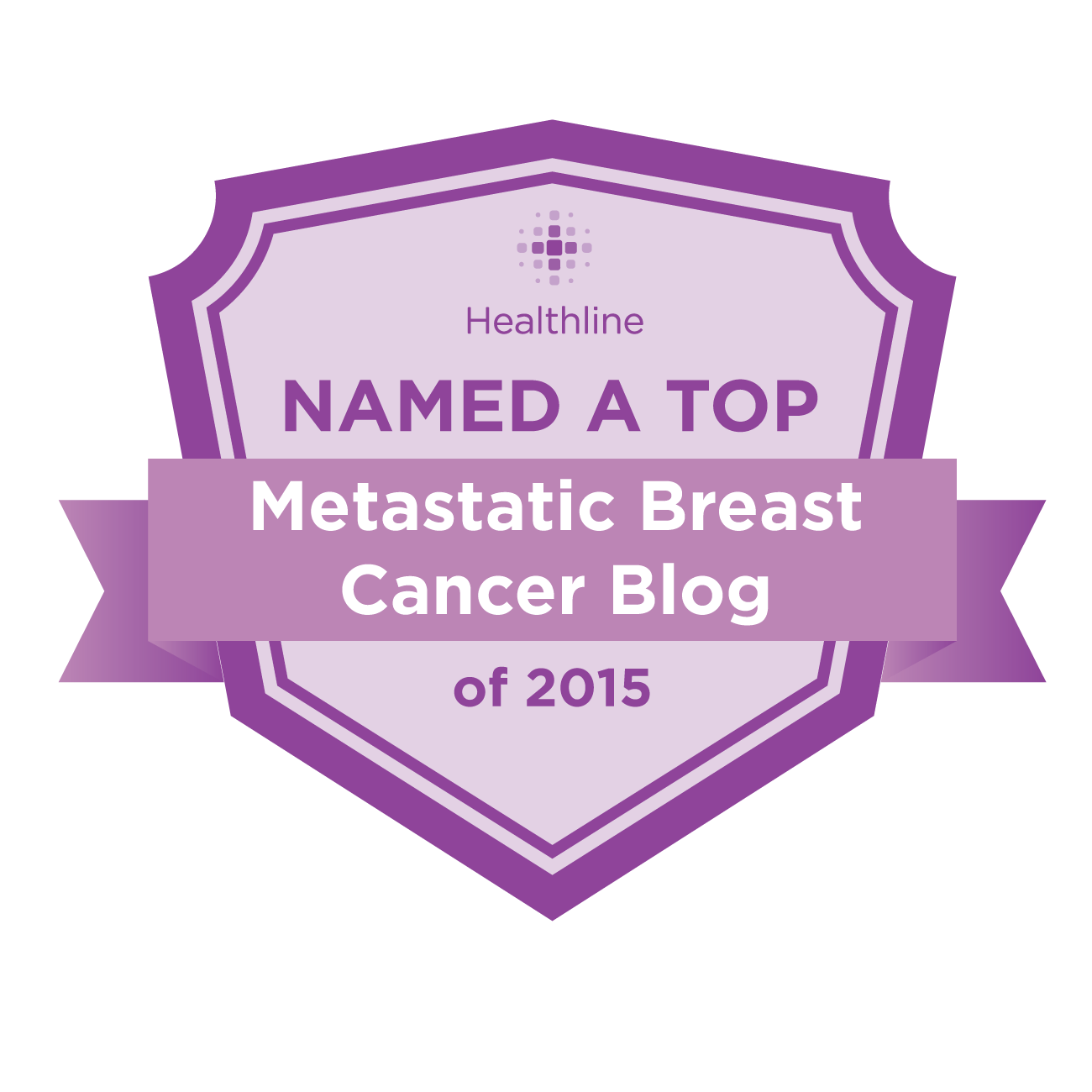
 RSS Feed
RSS Feed
